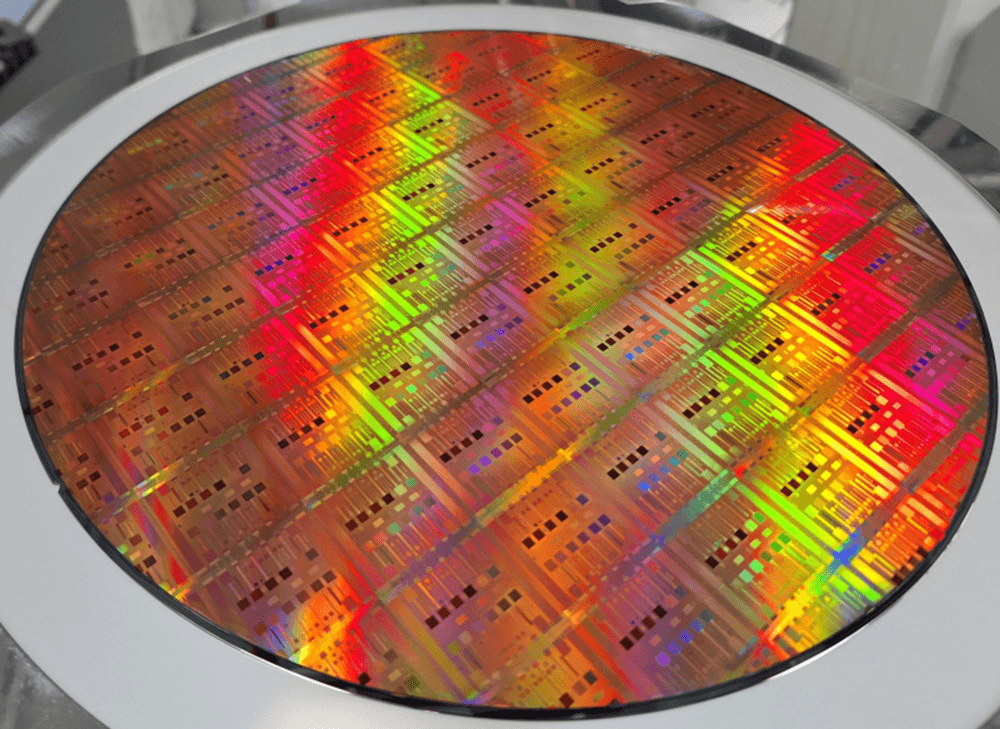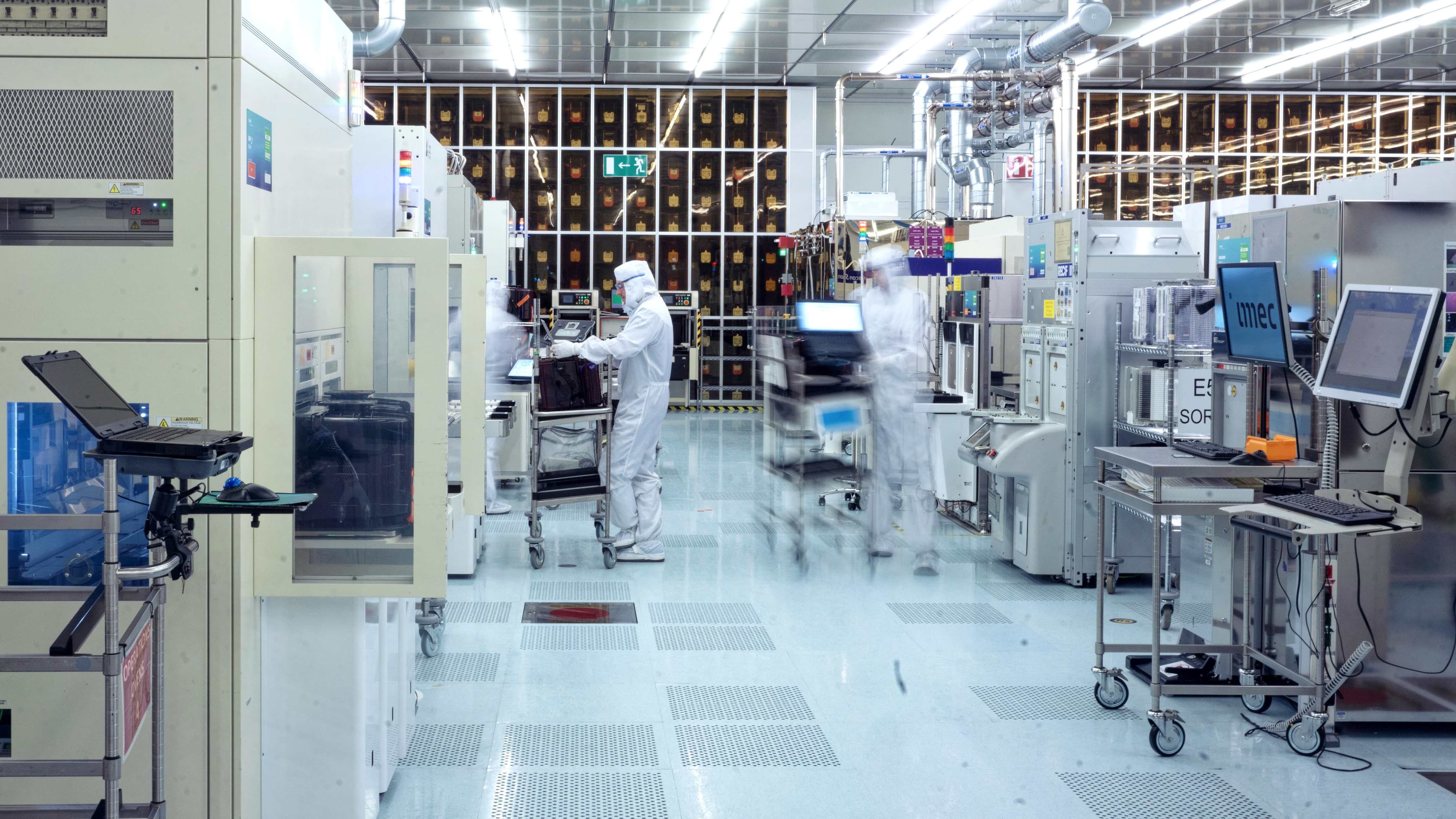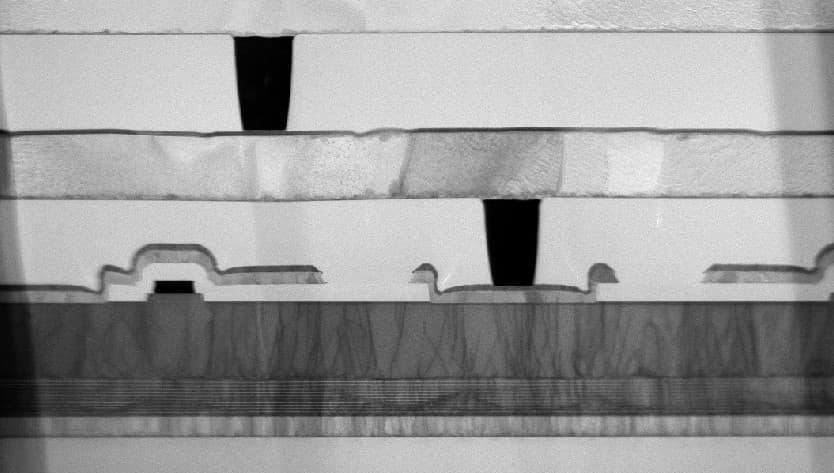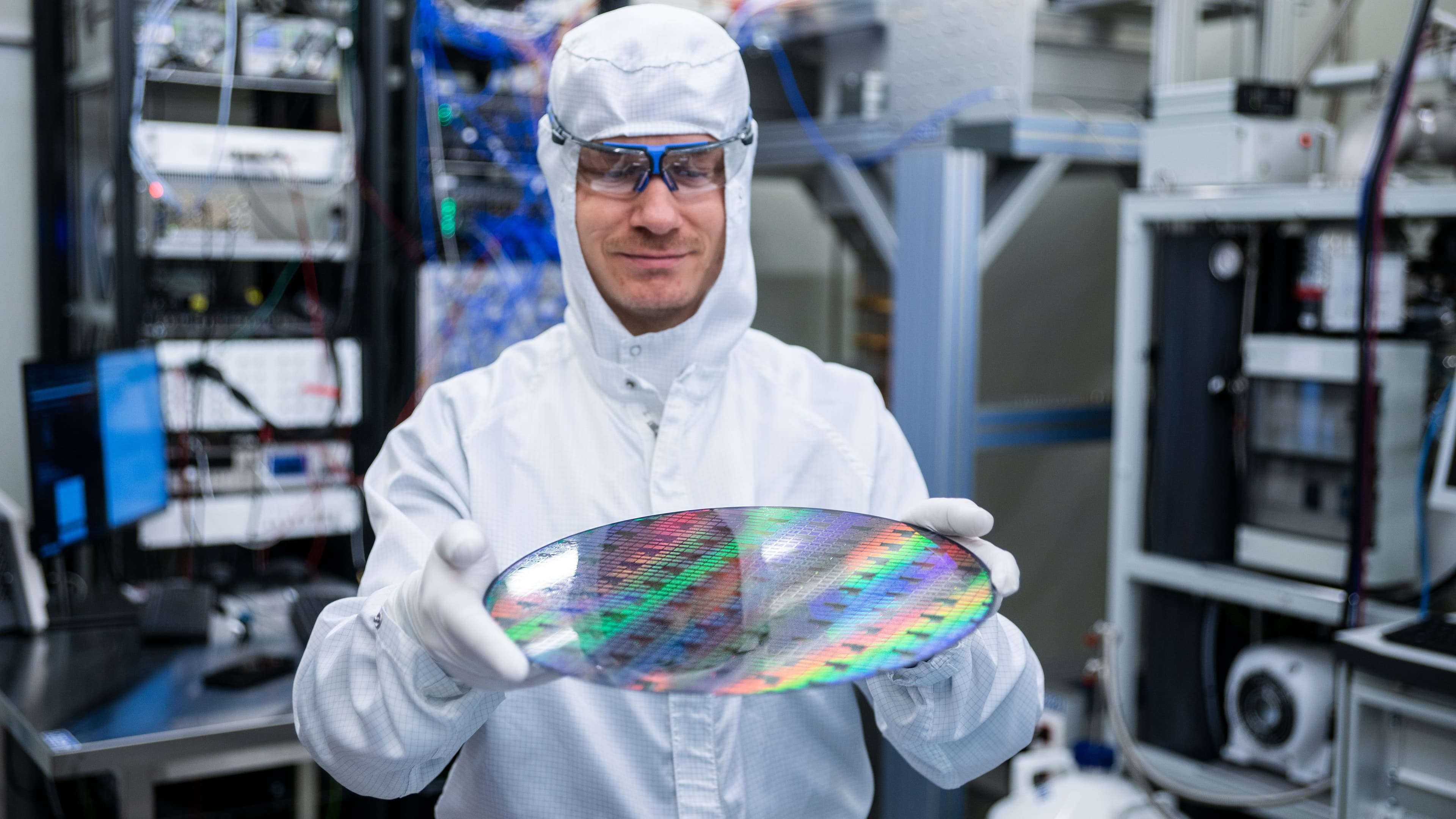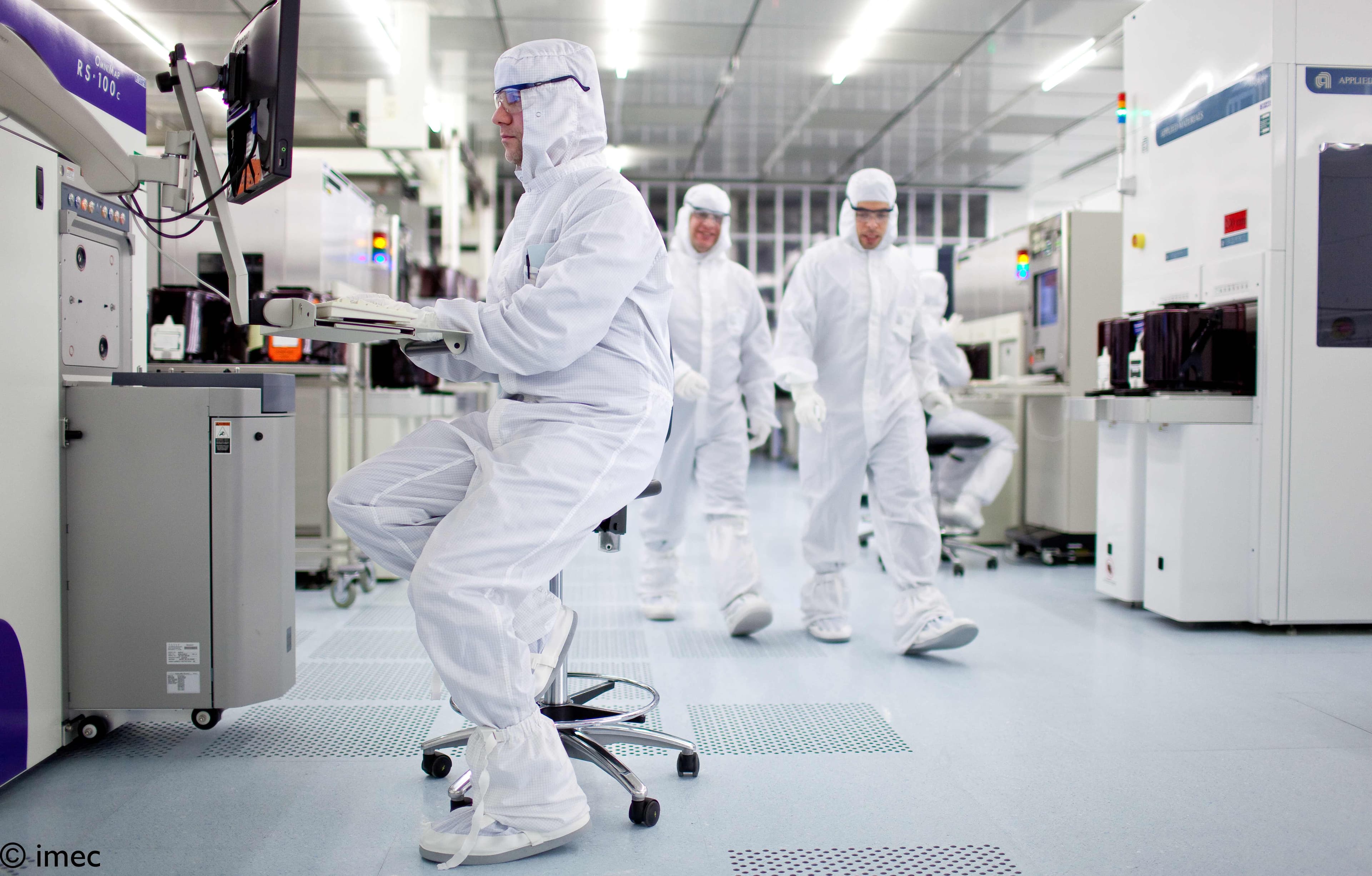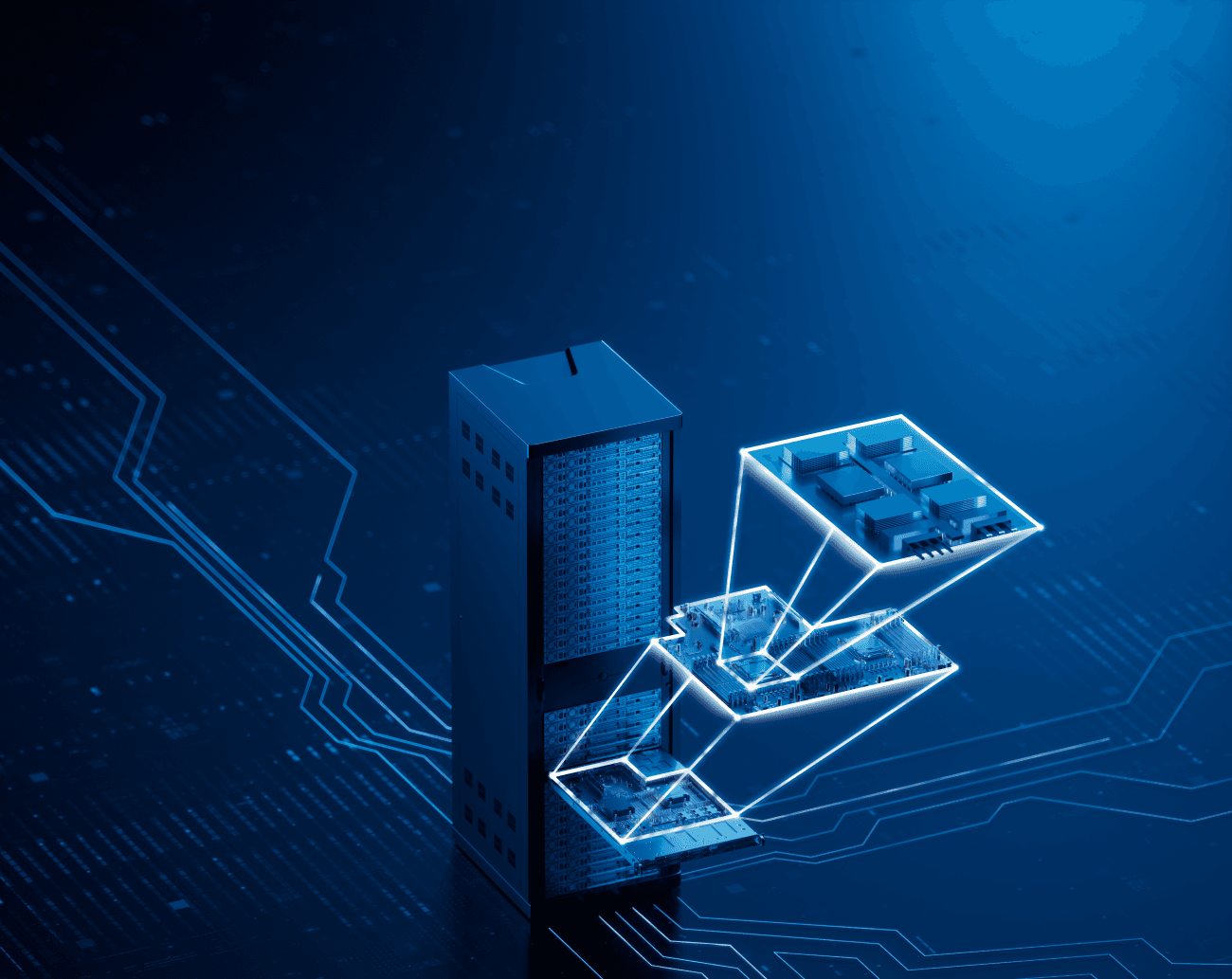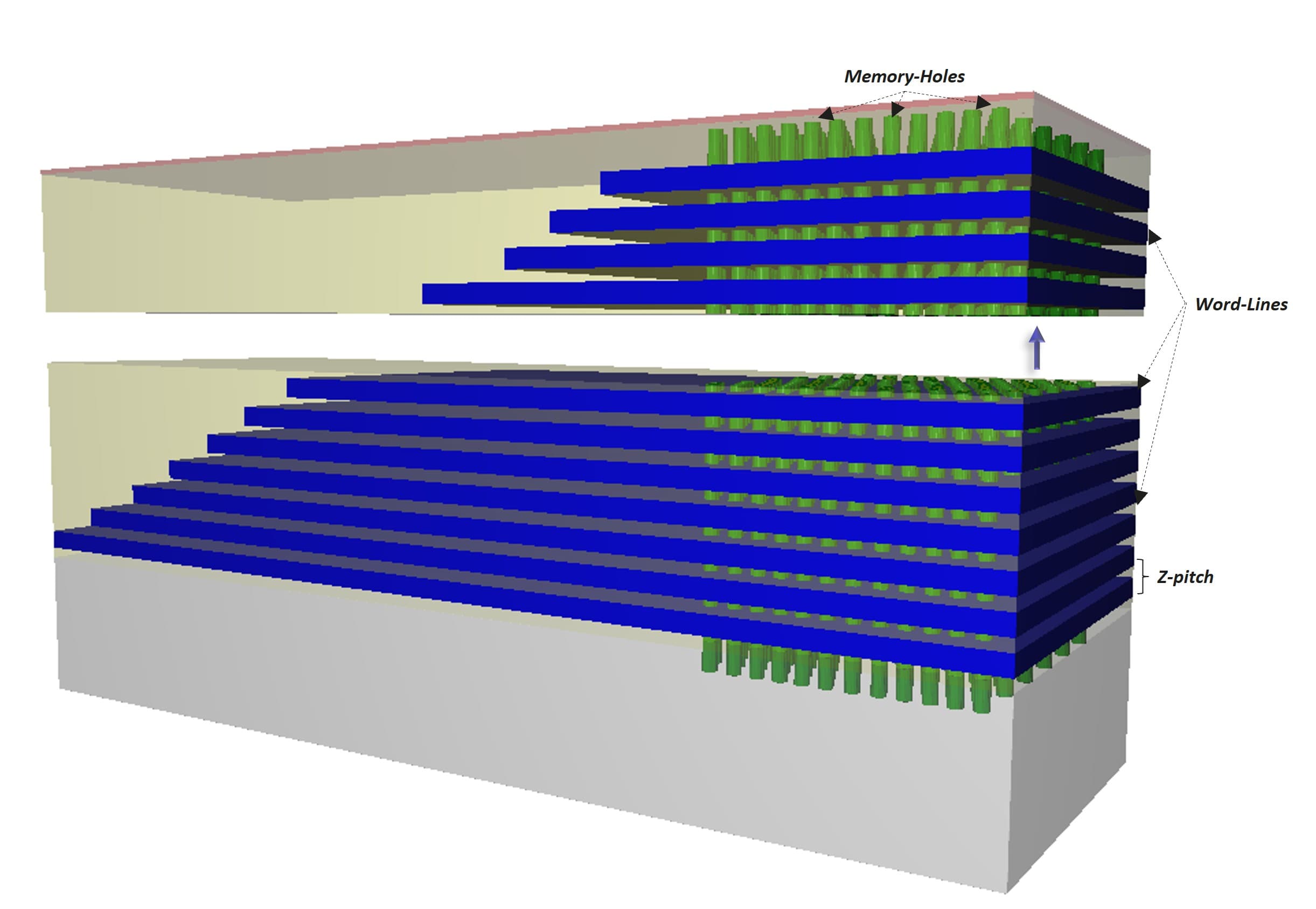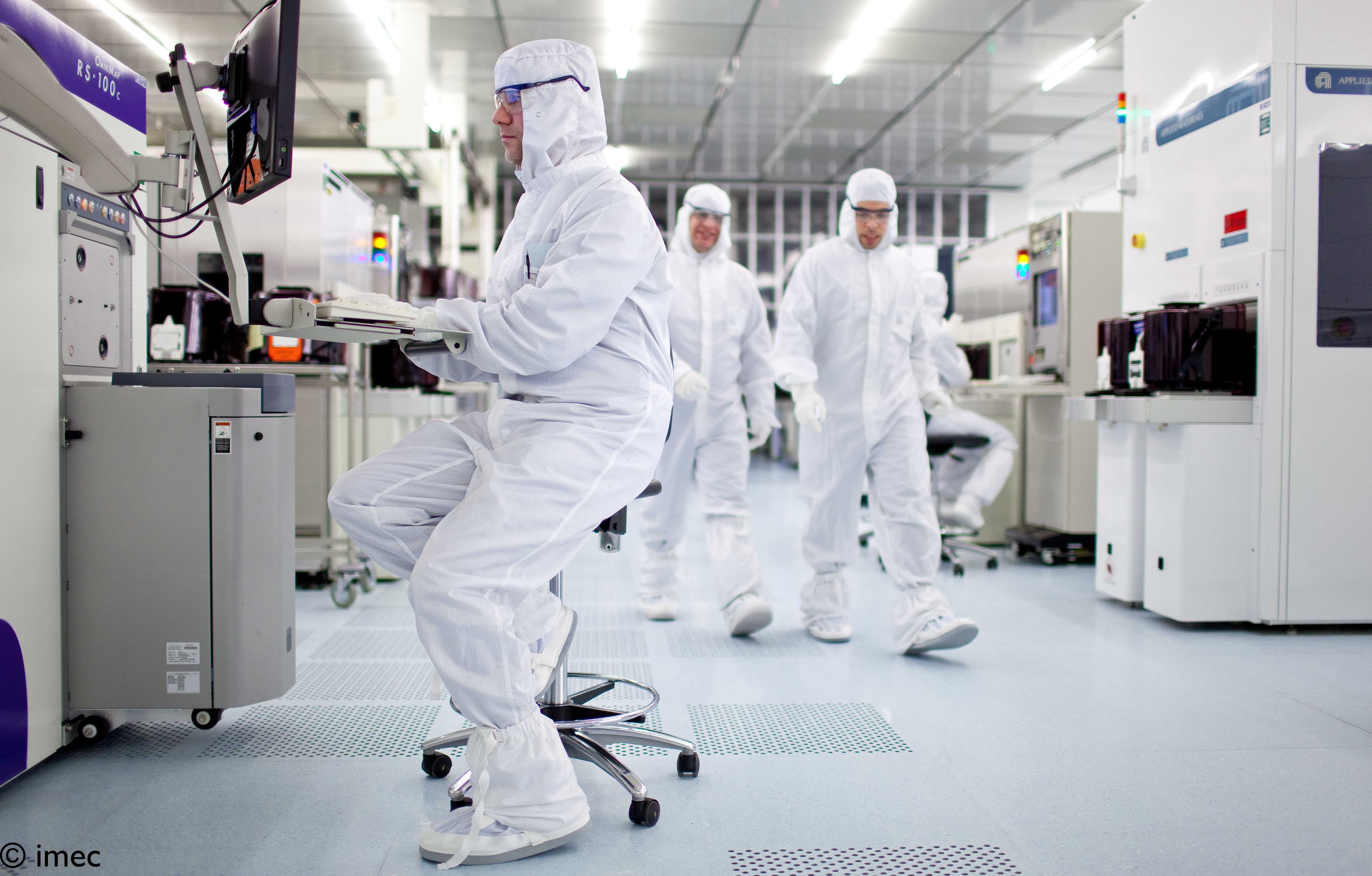
Could hacking become an (inter)national sport?
We collect data about everything, and all devices are interlinked and connected with the world. And although they may make our lives easier, there is also significant danger lurking in the background: data can be used illicitly by hackers who could give false instructions to all of the devices connected to each other worldwide. Hacking can be used to affect certain groups of people, too, or destabilize a country or even to attack democracy.

More and more, we’re starting to realize that privacy and security are vital in our digital world. Whereas at the moment security is often just an extra layer of added software, it will become an integral part of product design. Work is already being done on ‘fingerprints’ for chips that are embedded in hardware and which enable chips to communicate and identify each other. With them, driverless cars that need to connect with each other and the road infrastructure can be sure that they are exchanging data with the right object and not dealing with a hacker.
When quantum computers are brought into use, there’s another problem that will crop up. Older systems will not be secure any longer if hackers use this super-powerful new way of computing to hack into them. Which is another reason why security and privacy must occupy a prominent place in all new developments. This can be compared with air travel. After decades of effort, planes have become increasingly secure and people are able to put total faith in aircraft to transport them safely to the other side of the world. In the same way, there needs to be more trust in the cyberworld, so that we can store or send data problem-free, as well as use driverless cars or medical implants that are interconnected all over the world.

